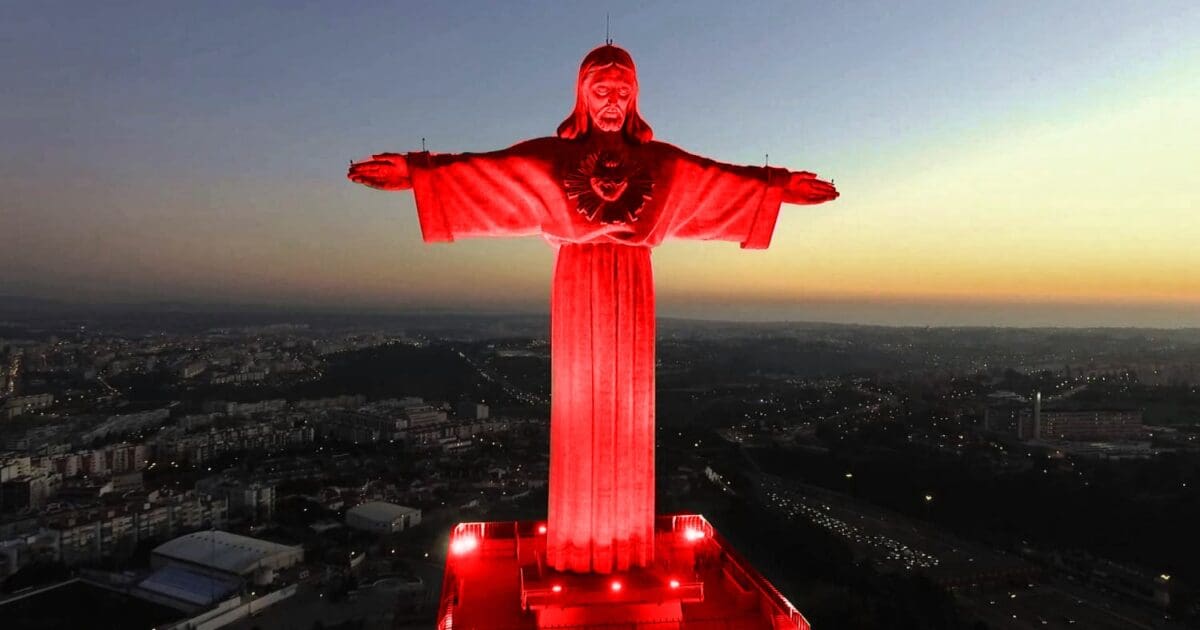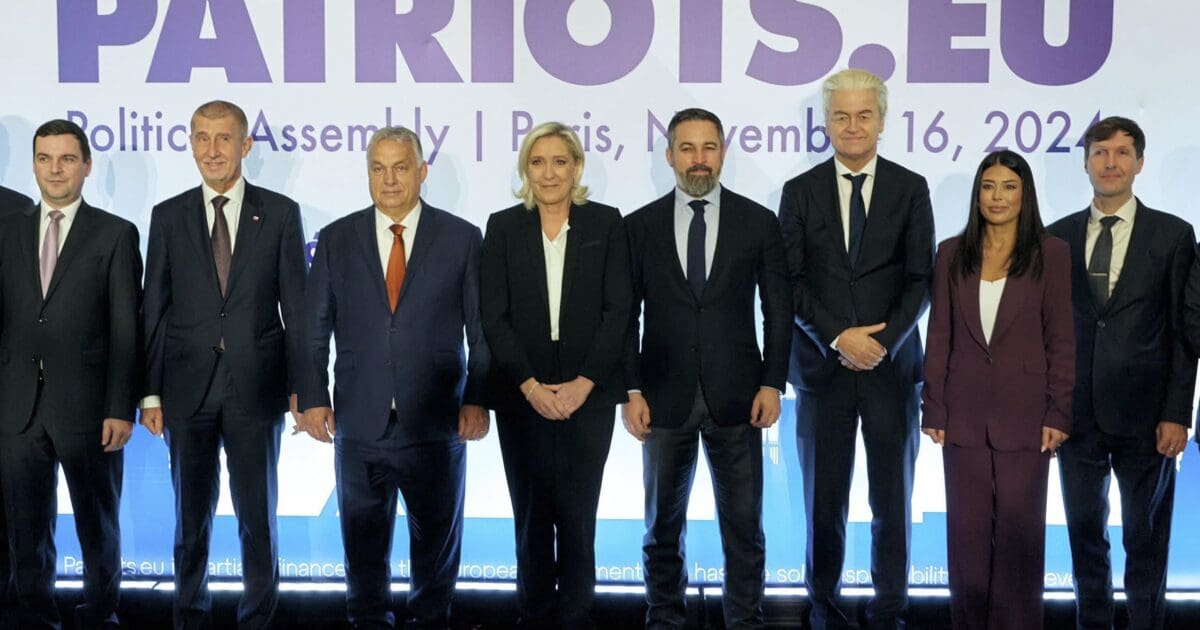Australia has just shattered any remaining illusions of privacy on the internet with its latest move toward digital identification. In a shocking announcement, Prime Minister Anthony Albanese has revealed plans to ban children under 16 from accessing social media platforms, declaring sites like Instagram, TikTok, and Facebook harmful to young people’s mental health. But the implications of this seemingly “child-protective” measure go far beyond what meets the eye.
Every internet user will need a digital ID to enforce this new ban. It’s simple: without digital identification, users won’t be allowed online at all. This isn’t just a measure targeting under-16s; it’s an unprecedented step toward a centralized authority that will control every citizen’s access to the internet. The youth-protection rationale is simply the pretext for this sweeping overreach.
The digital ID plan isn’t just an idea; it’s already being tested as part of Australia’s ambitious age verification system. The Albanese government frames this as “leading the way internationally,” as if infringing on every citizen’s right to digital privacy is a gold standard the world should aspire to.
DIGITAL ID – Australia lets the cat out of the bag!
— Bernie (@Artemisfornow) November 11, 2024
In order to ban under 16s from social media, EVERYONE will have to have digital ID or they won’t be able to get on the internet
It wasn’t a conspiracy theory was it 🔥
pic.twitter.com/yN07eSf3dy
This revelation has led some to declare it “another conspiracy fact.” Physician and scientist Dr. Robert Malone aptly captured the growing public outrage, observing, “The blows just keep coming.” In lockstep, former television journalist Willem Middelkoop expressed disbelief at the audacity of this move, stating that any doubts people had about these warnings could now be dismissed. The so-called “conspiracy theories” are out in the open, evident for all to see.
What’s truly moral and effective here is not a heavy-handed digital ID but giving parents the power and tools to protect their children online. Parents—not the government—should have easy access to parental controls for their children’s devices. But instead of supporting this practical approach, Australia’s new policy reaches far beyond the youth population, regulating everyone in the name of “protection.” This move shifts the burden of responsibility to social media platforms, forcing them to verify each user’s age. If approved by the Australian parliament, this mandate will be set to roll out in just a year.
Australia’s decision marks one giant leap down the slippery slope of internet regulation, and the world is watching closely. Will other countries follow in Australia’s footsteps, or will they recognize the digital trap and resist? Australia’s decision will surely set the stage for a worldwide debate on privacy, freedom, and government overreach.














Add comment